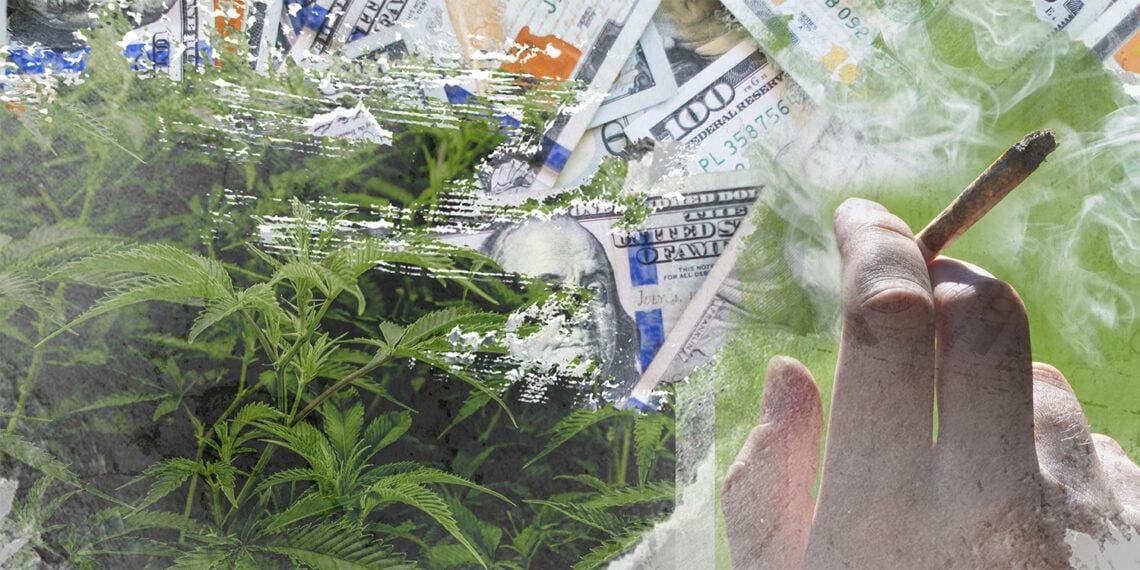As microdosing psychedelics gains momentum, compliance professionals face a new challenge: adapting to a fragmented legal landscape while ensuring organizational adherence (and maybe embracing the practice as part of a broader well-being project), writes Peggy Van de Plassche, author and microdosing advocate who suggests compliance professionals themselves could also benefit.
Nearly three decades ago, states began reevaluating their laws regarding the use of marijuana; at first, they decriminalized the drug for medicinal purposes, and not long after, lawmakers started permitting recreational use as well. All the while, marjuana has remained illegal on a federal level. Over the past few years, a similarly complex legal structure has emerged around psychedelics, which have been the subject of a great deal of research around their medicinal use, particularly for addressing certain mental health concerns.
There’s little reason to believe this issue will go away, as more and more cities and states weigh whether to permit microdosing of psychedelics, or using a fraction of a full dose, given that a University of California study found that more than 60% of registered voters in the U.S. support the legalization of regulated therapeutic access to psychedelics.
But this murky regulatory picture presents a dilemma for employers and compliance professionals who want to support workers’ mental well-being but also want to remain within the law.
The legal and regulatory picture
In the U.S., federal law classifies most psychedelics, including those used in microdosing, as Schedule I substances, indicating a high potential for abuse and no accepted medical use. However, there’s a growing trend of states and local jurisdictions decriminalizing or legalizing certain psychedelics for therapeutic or recreational purposes.
The movement toward decriminalizing psilocybin, often referred to as magic mushrooms, began gaining momentum in 2019, when Denver became the first city to decriminalize it. Shortly after, two California cities, Oakland and Santa Cruz, followed suit in June 2019 and January 2020, respectively. Since then, cities like Washington, D.C., Seattle and Detroit have joined the ranks, and in 2020, Oregon voters passed a ballot measure to decriminalize psilocybin and legalize its supervised use. Colorado passed a similar measure in 2022.
Despite the state and local changes, the use, sale and possession of psilocybin remains illegal under federal law, which creates an especially tricky situation for companies who employ people in cities or states where the drug is legal. And even for companies where that issue doesn’t apply, the dynamic nature of public perception and legal standing means that business owners, executives and compliance leaders would be wise to consider crafting policies that touch on usage of psychedelics.
As the practice of microdosing becomes more widespread, compliance professionals are tasked with reassessing and refining workplace drug policies. Traditional drug testing methods may not identify sub-perceptual doses, posing challenges in crafting explicit policies regarding substance use. Balancing the need for employee privacy with maintaining a drug-free work environment presents a nuanced dilemma that compliance officers must navigate.
Moreover, individuals who engage in microdosing may unknowingly violate workplace policies or legal boundaries, and compliance professionals should be equipped to address potential legal ramifications stemming from the use of psychedelics, particularly in contexts intertwined with occupational duties.
What does science say about psychedelics?
A growing body of research indicates a potential range of benefits from microdosing psychedelics, including:
- Enhanced cognitive function: A 2018 Dutch study investigated the cognitive effects of microdosing psychedelics by assessing creativity-related problem-solving tasks and fluid intelligence before and during microdosing sessions with psychedelic truffles. The findings suggest potential cognitive-enhancing properties of psychedelics.
- Stress reduction: Clinical trials and studies have indicated that microdosing can reduce symptoms of anxiety, depression and stress, with positive effects noted across age groups and genders.
- Increased energy and focus: Studies have also indicated that microdosing psilocybin could improve mood, creativity, concentration and productivity, as well as increasing energy and boosting social ability.
Conclusion
Adapting workplace policies, addressing potential legal consequences and staying attuned to changing regulations will be integral to navigating this evolving terrain, but with science emerging touting the mood and cognitive benefits of microdosing, we may be at the precipice of a new frontier that challenges traditional paradigms and encourages professionals to explore unconventional tools for personal and occupational growth.




 Peggy Van de Plassche spent 20 years in the financial services and technology industries as an executive, venture capitalist, board member, adviser, entrepreneur and public speaker. She now focuses her time and energy on the psychedelic industry. She is the founder of “The Microdose Diet” and “The Brain Power Microdose. Her book, "MORE! The Microdose Diet - The 90 day plan for More Success, Passion, and Happiness" will be published in May 2024 by Simon & Schuster.
Peggy Van de Plassche spent 20 years in the financial services and technology industries as an executive, venture capitalist, board member, adviser, entrepreneur and public speaker. She now focuses her time and energy on the psychedelic industry. She is the founder of “The Microdose Diet” and “The Brain Power Microdose. Her book, "MORE! The Microdose Diet - The 90 day plan for More Success, Passion, and Happiness" will be published in May 2024 by Simon & Schuster. 








